Walden, a Game is many things. It is a video-game. It is an interpretation of Henry David Thoreau’s classic work of American transcendental philosophy, Walden. It is the product of ten years of work by Tracy Fullerton and the Game Innovation Lab at the University of Southern California. Above all, Walden is a humanities experience offering players the opportunity to reflect, to imagine, and to consider Thoreau’s philosophy and the grandeur of the natural world from your PC or PS4.
“You play as Henry David Thoreau during his time in the woods at Walden,” Fullerton says. “The goal of the game is to live simply in nature and to discover a balance between the basic needs of surviving in the woods and the search for inspiration and a relationship to nature.”
Trailer for Walden, a Game. Video courtesy of USC Game Innovation Lab.
Walden is a first-person game. It takes six hours to play, during which players become Thoreau. While excerpts from the book prompt players to explore the book’s storylines from the beginning, they are not bound to the book’s narrative.
“You are set down into the woods in the summer of 1845, when [Thoreau] began his time there,” Fullerton says. “You can finish building your cabin. You can wander the woods and start exploring right away. It's what's called an open world game. By that, I just mean that we don’t tell you what to do. It's suggested by its placement and the half-finished state of your cabin. But since it is summer, it's not imperative that you do so. You can just get down to exploring the woods and discovering what's there. And there are many other things you can do. You can go fishing. You can start planting your bean field.”
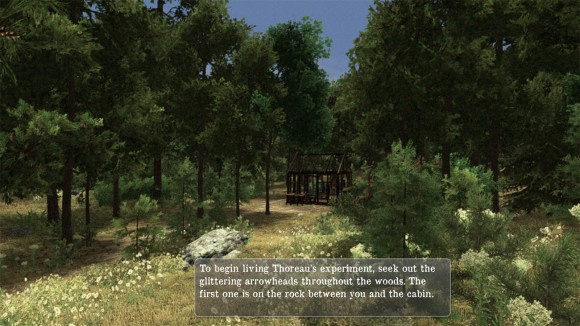
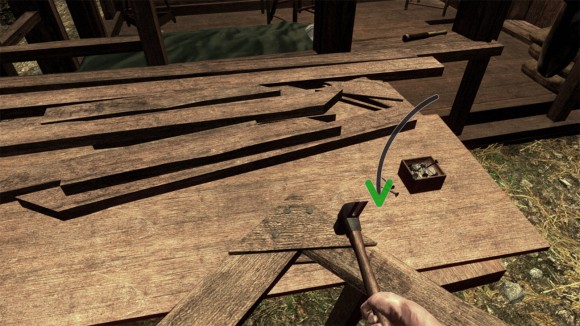
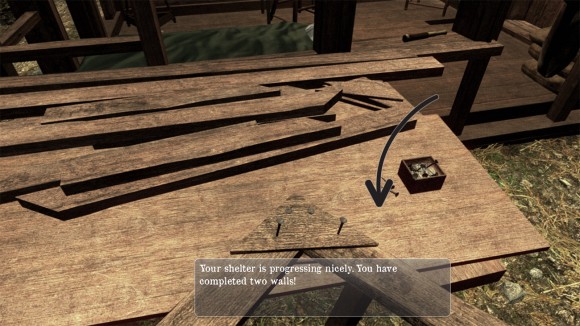
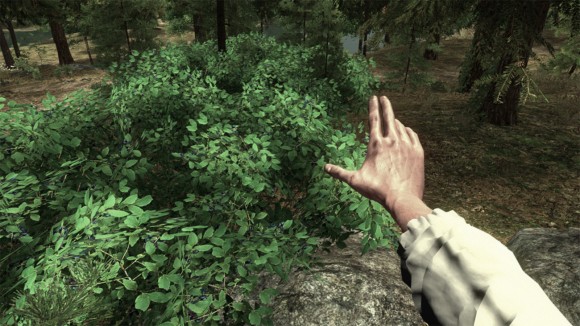
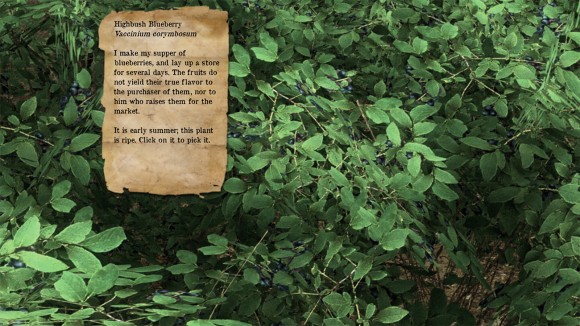
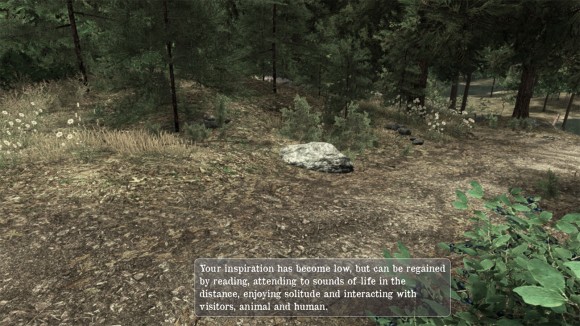
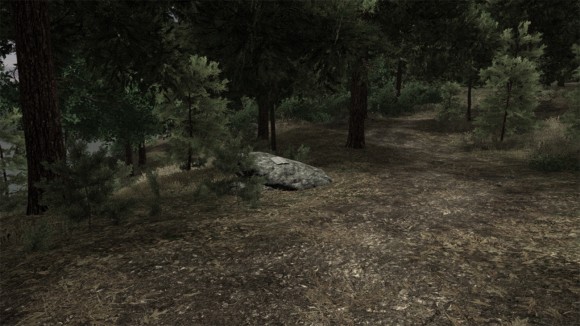
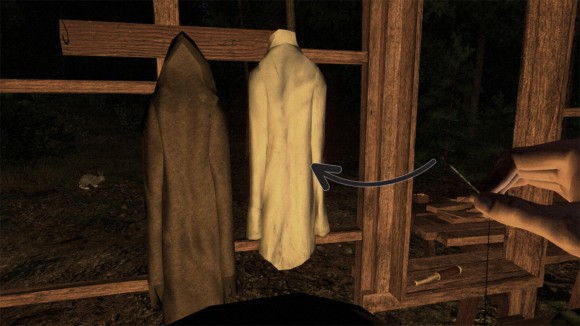
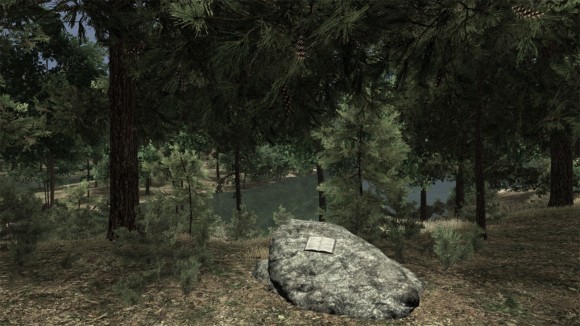
Whatever players choose, they are operating in a universe deliberately constructed to channel Thoreau’s Walden. Fullerton built the world of Walden, a Game to evoke Thoreau’s thought. To understand the game’s message, players need to play deliberately.
“We try very hard to make the rules [of the game] such that if you actually sat down to consider them, they would prove true to Thoreau's philosophy,” Fullerton notes. “The way that the world functions, the rules that you are engaging in in the game actually are drawn from the things that [Thoreau] discusses in the book. For example, when he says the four basic necessities of life are food, fuel, shelter, and clothing, those become the four things you have to care-take for your survival in the game.”
By integrating these thoughts into the structure of the game, Walden, a Game encourages players to play critically and deliberately: to ask how Thoreau believes the world works—and why.
Fullerton was moved to create Walden, a Game by a desire to slow down.
“Every time I read Walden, I found it reflected something back at me that was different,” Fullerton recalls. “Especially as an adult, I started to realize how much the book dealt with how we spend our time and the importance of choosing wisely how we spend our time. I saw the connection to his need to slow down life, if you will; to go out to the woods and get a perspective on life and our own state where we are today. I thought it was really topical and interesting. I felt that I would like to make a game that would follow his rules, so to speak, the rules that he set for himself when he went out to the woods, and allow people to experience that kind of perspective themselves.”
Fullerton hopes that the game encourages players to love Walden and nature as she does.
“I would like [people] to play the game and then read Thoreau and then go out into nature, and by a series of interactions with the game become lovers of literature and have an understanding of how the literature can be topical and interesting today. That would be a wonderful impact.”